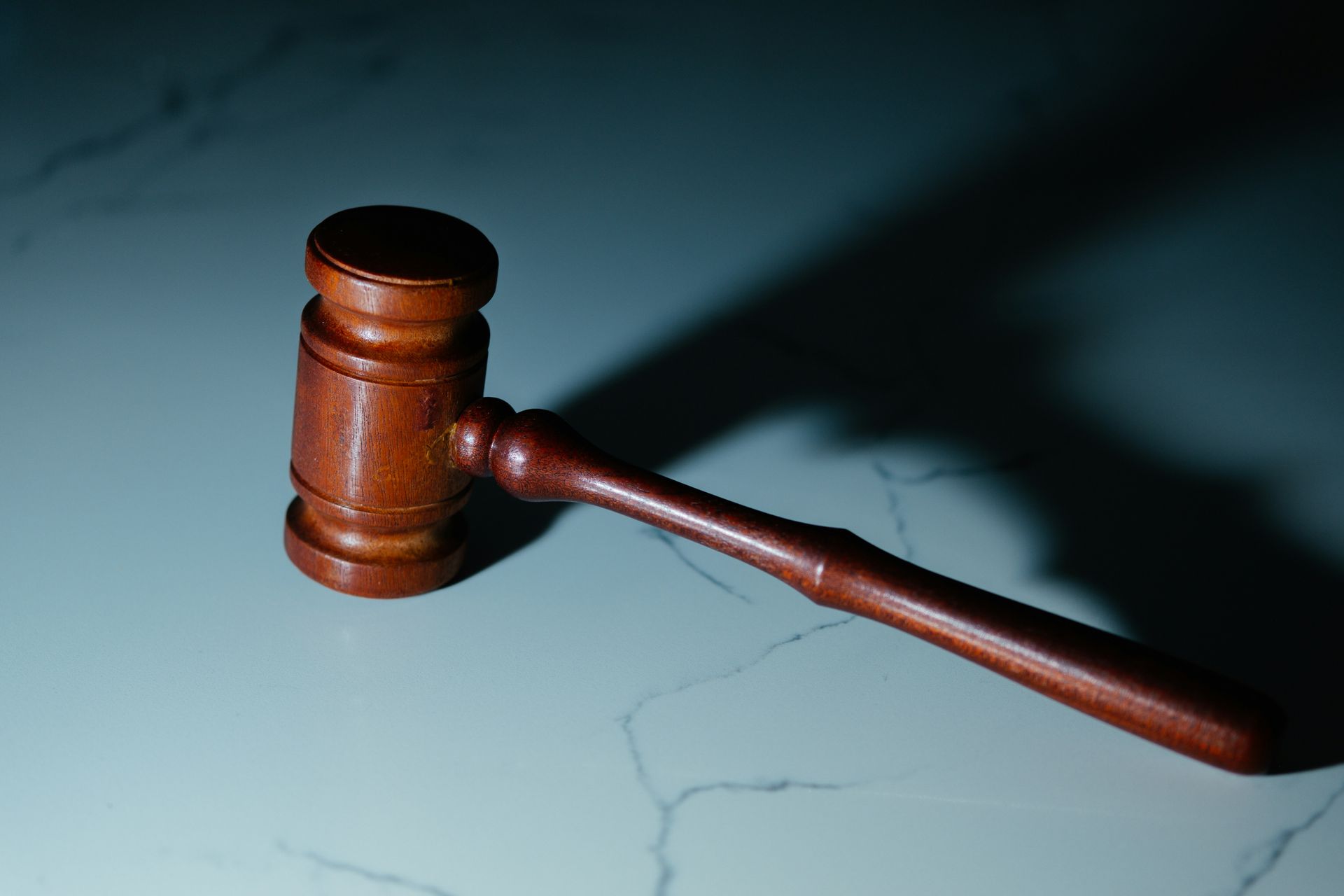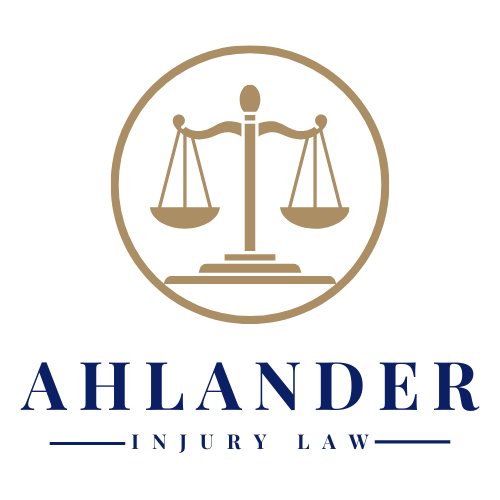Types of Damages in Personal Injury Cases
Personal injury cases can be life-altering events, leaving victims with physical, emotional, and financial burdens. At Ahlander Injury Law, we believe clients and readers alike should understand the types of damages that may be available in these cases. Whether you’re navigating the aftermath of an accident or simply seeking information, knowing what compensation may be on the table empowers you to make informed decisions.
Understanding Damages: The Foundation of Personal Injury Claims
When someone is injured due to the negligence or wrongful acts of another, the law provides a path for the injured party to seek compensation. The legal term for this compensation is “damages.”
In personal injury cases, damages are monetary awards designed to restore the victim, as closely as possible, to the position they were in before the injury occurred. While no amount of money can fully erase the impact of a serious injury, damages are crucial for helping victims rebuild their lives.
Compensatory Damages: Restoring What Was Lost
The most common type of damages awarded in personal injury cases is compensatory damages. As the name suggests, these damages are intended to “compensate” the injured party for losses suffered as a direct result of the injury. Compensatory damages can be further divided into two categories: economic and non-economic damages.
Economic Damages
Economic damages cover tangible, quantifiable losses. These might include:
- Medical expenses: This includes hospital bills, surgery costs, medication, physical therapy, and any future medical care related to the injury.
- Lost wages: If an injury forces a victim to miss work, they may recover the income lost during that period.
- Loss of earning capacity: In some cases, injuries may permanently impact a person’s ability to earn a living, which can be factored into a settlement or verdict.
- Property damage: If personal property was damaged in the incident, those costs may also be included.
Economic damages are typically straightforward to calculate since they rely on documentation such as bills, receipts, and pay stubs.
Non-Economic Damages
Some losses are not as easily calculated but are just as real. Non-economic damages address these intangible harms, such as:
- Pain and suffering: This refers to the physical pain and emotional distress caused by an injury. While challenging to quantify, pain and suffering often make up a significant portion of a personal injury award.
- Emotional distress: Victims may experience anxiety, depression, PTSD, or other psychological impacts after an accident.
- Loss of enjoyment of life: Injuries that prevent individuals from engaging in hobbies or activities they once enjoyed fall under this category.
- Loss of consortium: When an injury negatively affects a relationship with a spouse or family member, compensation may be appropriate.
Juries or insurance adjusters often use specific formulas or multipliers to estimate non-economic damages.
Punitive Damages: Sending a Message
While compensatory damages are centered on the victim’s losses, punitive damages serve a different purpose. In rare cases, courts may award punitive damages to punish the at-fault party for particularly egregious or reckless behavior and to deter similar conduct in the future. These are not awarded in every case, but when they are, it’s typically because the defendant’s actions were malicious, fraudulent, or grossly negligent.
For example, if a company knowingly sells a dangerous product or a driver operates a vehicle while intoxicated with blatant disregard for others’ safety, punitive damages may be considered. In civil litigation, punitive damages are designed to punish the defendant for outrageous conduct and to deter the defendant and others from similar conduct in the future.
The amount of punitive damages is determined by the court based on the severity of the defendant’s actions and the wealth of the defendant, among other factors. There are often legal limits or “caps” on punitive damages, which can vary by state.
Nominal Damages: Recognizing a Legal Wrong
Sometimes, a court finds that a legal wrong has occurred, but the plaintiff has suffered little or no actual harm. In these situations, the court may award nominal damages—a small sum of money, often just a dollar or two, to acknowledge the violation of rights. While nominal damages are rare in personal injury cases, they serve as an important legal recognition that the plaintiff’s rights were violated, even if no substantial loss occurred.
Why the Type of Damages Matters
Understanding the different types of damages is crucial because it shapes the strategy and expectations in a personal injury case. Knowing what you can claim helps set realistic goals for settlement or trial.
For example, while economic damages may be relatively simple to prove, non-economic damages require compelling evidence and often expert testimony. Punitive damages, on the other hand, require demonstrating the defendant’s intent or recklessness—a much higher standard.
At Ahlander Injury Law, we help our clients gather the necessary documentation, consult with medical and financial experts, and present a persuasive case to maximize the compensation they deserve. If you want to learn more about the personal injury process, review the Nevada statutes on damages.
Damages in Nevada: What You Should Know
Since Ahlander Injury Law proudly serves clients across Nevada, note that state laws can influence how damages are calculated and awarded. For instance, Nevada places certain limits on damages in specific types of personal injury cases, such as medical malpractice.
Additionally, comparative negligence rules may reduce the amount a plaintiff can recover if they are found partially at fault for their own injuries. According to Nevada state law, if you are 50% or more responsible, you may be barred from recovering damages entirely.
Moving Forward With Confidence
Suffering a personal injury can be overwhelming, but understanding the types of damages available is a powerful first step toward recovery. At Ahlander Injury Law, our mission is to provide compassionate, knowledgeable guidance so you can focus on healing while we focus on your case.
If you have questions about your specific situation or want to discuss the next steps,
reach out to us for a free consultation. And remember, whether you’re in Las Vegas or anywhere in Nevada, our team is here to help you navigate the complexities of personal injury law and fight for the compensation you deserve. Your recovery is our priority.





